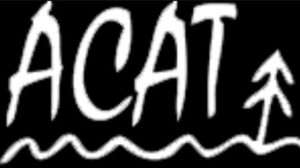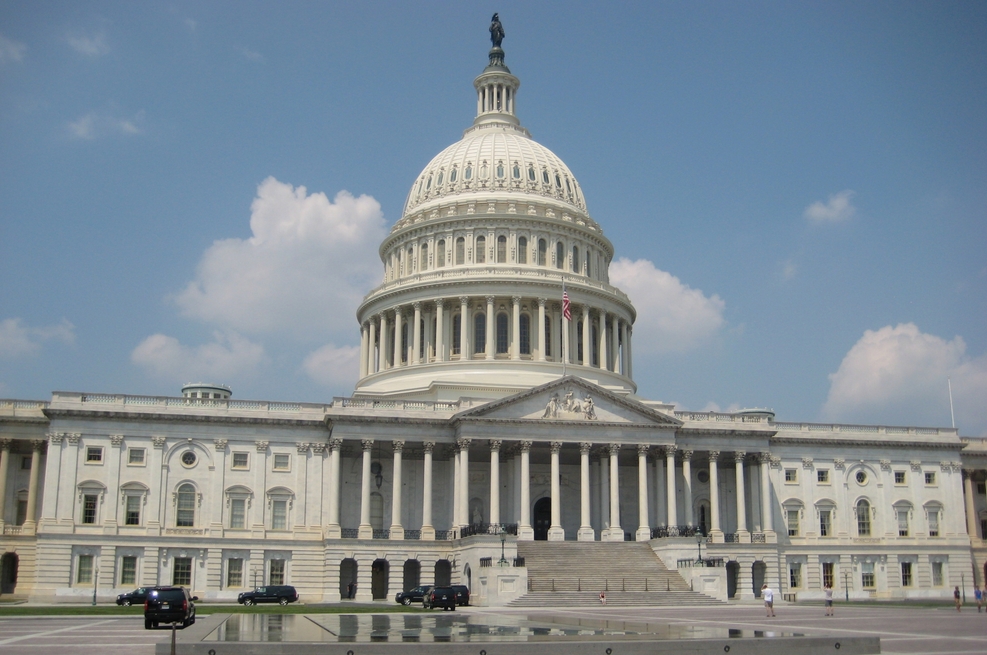 Next week, Indigenous leaders from rural Alaska will convene in Fairbanks to share information about environmental injustices in Alaska with elected and Biden Administration officials. This event is part of a series of community-oriented efforts launched by WE ACT for Environmental Justice to ensure transparency and collaboration between elected officials, municipalities, and people who experience environmental racism.
Next week, Indigenous leaders from rural Alaska will convene in Fairbanks to share information about environmental injustices in Alaska with elected and Biden Administration officials. This event is part of a series of community-oriented efforts launched by WE ACT for Environmental Justice to ensure transparency and collaboration between elected officials, municipalities, and people who experience environmental racism.
On Wednesday, August 16 at 9am hosts Alaska Community Action on Toxics (ACAT) and Native Movement will hold a forum with Tribal and community members to discuss statewide environmental injustices including military contamination on Sivuqaq (traditional name for St. Lawrence Island), the proposed Donlin Creek Mine, and the proposed Ambler industrial road. Following the panel, participants will embark on a toxic tour in Fairbanks highlighting sites in the area that are polluting the community.
On Thursday, August 17 at 9am a second forum will take place to discuss the proposed Willow project, the Manh Choh mine project, and the importance of solutions based on Indigenous knowledge. In the afternoon federal officials will give presentations on solutions – agencies represented include the Arctic Energy Office, Department of Energy, Federal Emergency Management Agency, U.S. Fish and Wildlife Service, Department of Defense and more.
ACAT Executive Director Pam Miller said, “It is critically urgent that we come together to address the tremendous environmental injustices faced by Alaska Native communities. We look forward to spotlighting community solutions and exploring ways to get critical funding to Alaska’s rural communities to solve toxic pollution and complex climate justice issues.”
The purpose of this event is to highlight funding opportunities associated with the Justice40 Initiative. The initiative’s goal is to ensure 40 percent of overall benefits of certain federal investments flow to disadvantaged communities that are marginalized, underserved, and overburdened by pollution.
ACAT Environmental Health and Justice Director and St. Lawrence Island Yupik Vi Waghiyi said, “I am grateful for this opportunity for the voice of our Alaska Tribes and leadership to be heard and to work with the Administration to find solutions to decades long environmental health and justice issues – Qerngughulluta Iknaqataghaghtukut (together we are stronger in St. Lawrence Island Yupik).”
ACAT and Native Movement will share unique environmental justice, public health, and climate struggles faced by Alaska and Arctic Indigenous communities with the Administration and elected officials. The host organizations will explore ways to ensure community-based solutions are given priority and funding for the solutions is directed by affected communities to solve urgent climate injustices in the state.
Alaskans are fighting legacy military contamination and harmful extractive industries on many fronts. This year, the Biden administration approved the Willow Project, a massive oil drilling project in the Arctic that will significantly increase industrial pollution for the nearby Alaska Native community of Nuiqsut, disrupt caribou migration, and threaten the Teshekpuk Lake Special Area.
Three Tribes have sued over permits for the proposed Donlin Gold Mine that threatens the livelihood of multiple communities along the Kuskokwim River. At the same time, multiple Alaska Native Tribes and other organizations are fighting to stop the 211-mile Ambler Industrial Access Road that would disrupt the 2,700+ mile migration route of the Western Arctic caribou herd and cut through thousands of rivers and streams that are the lifeblood of the region’s communities, culture, and wildlife.
WE ACT for Environmental Justice is partnering with Alaska-based nonprofits Alaska Community Action on Toxics and Native Movement. The Alaska event is part of a nationwide series of events to increase the likelihood that the billions of federal dollars available to address environmental injustices in polluted communities is distributed fairly and in a timely manner.
[content id=”79272″]






